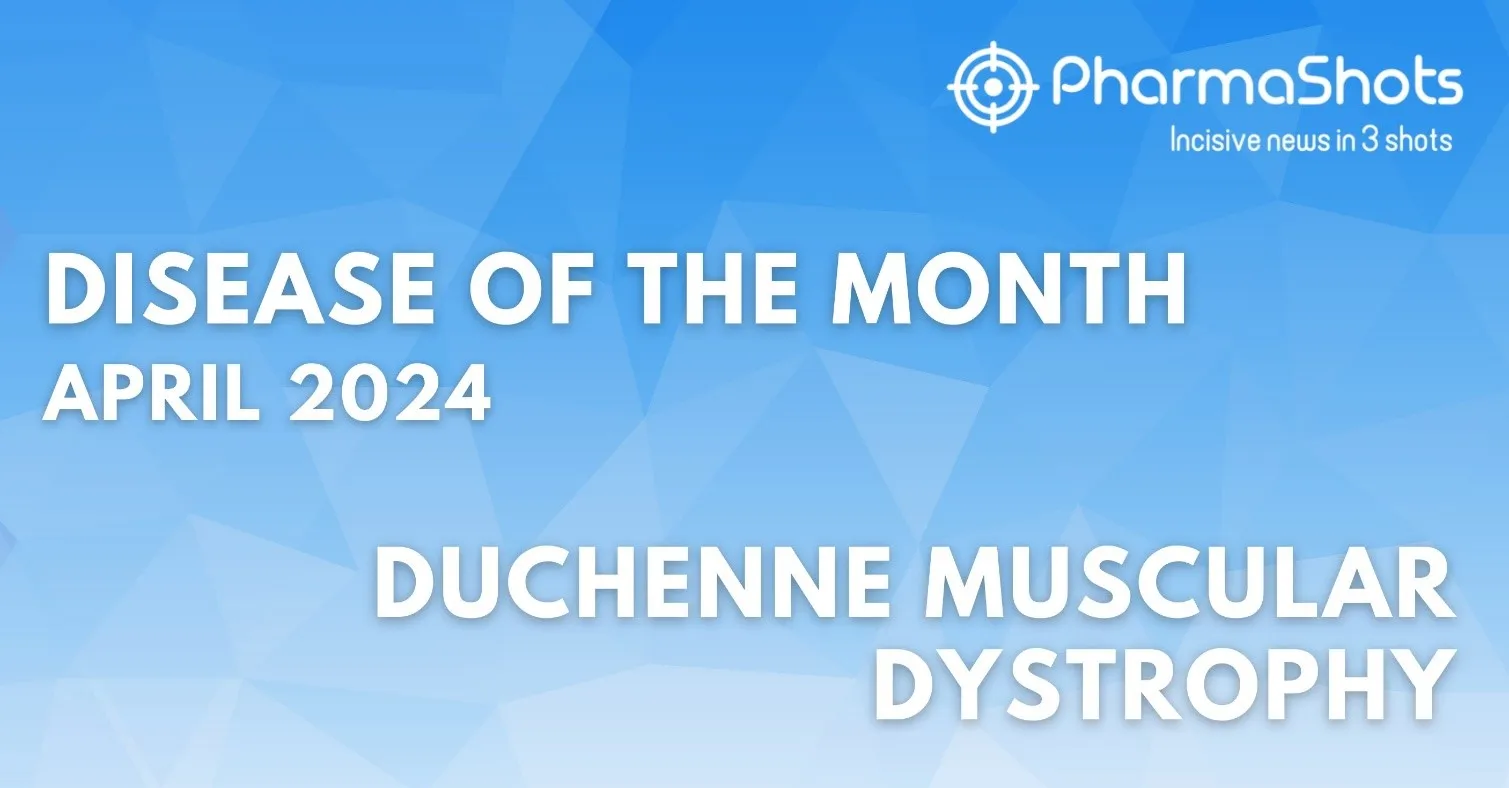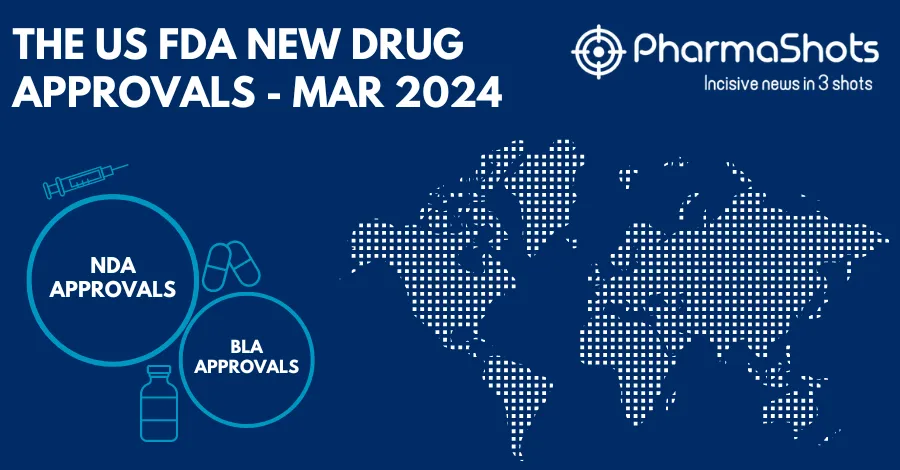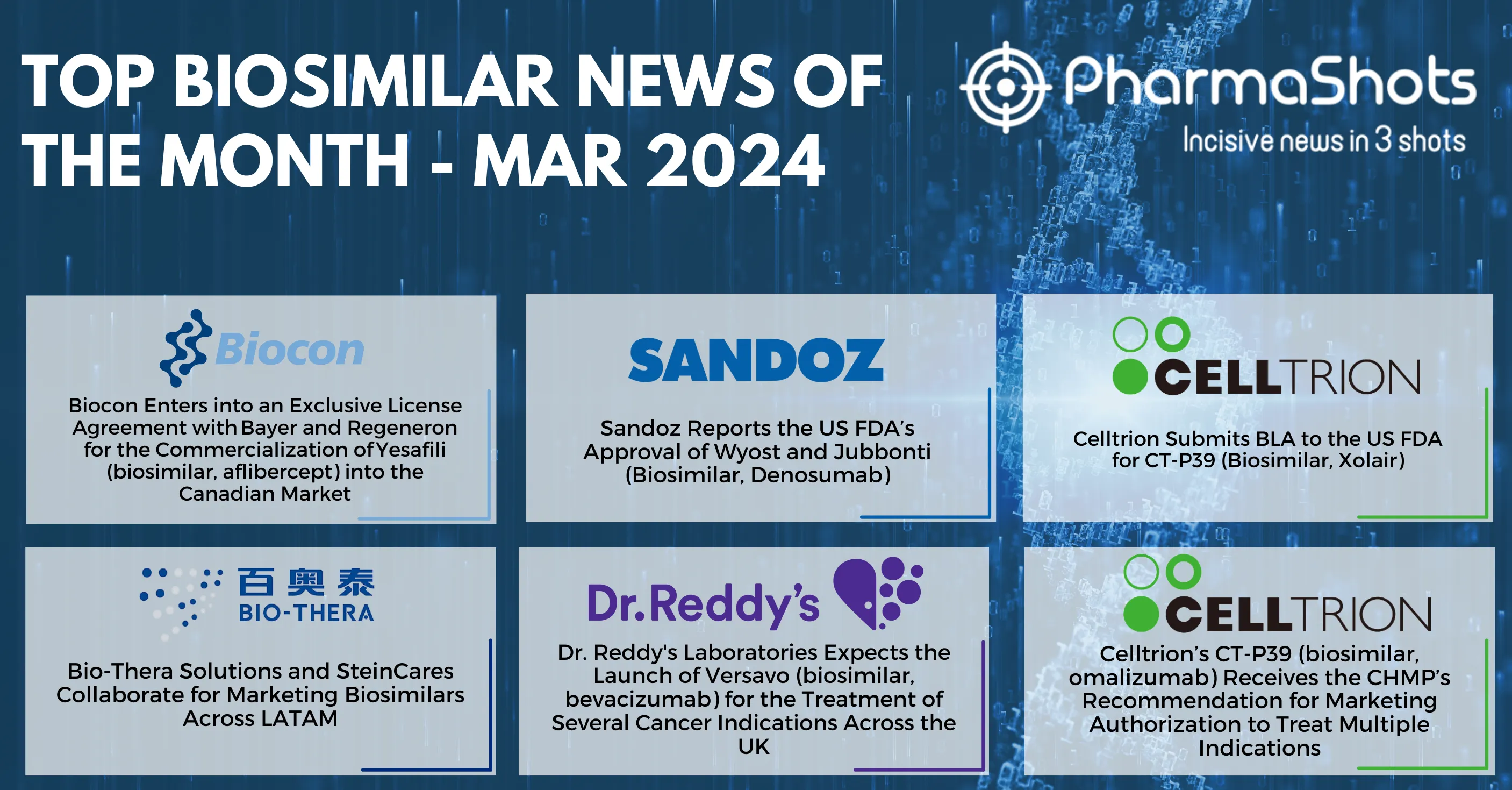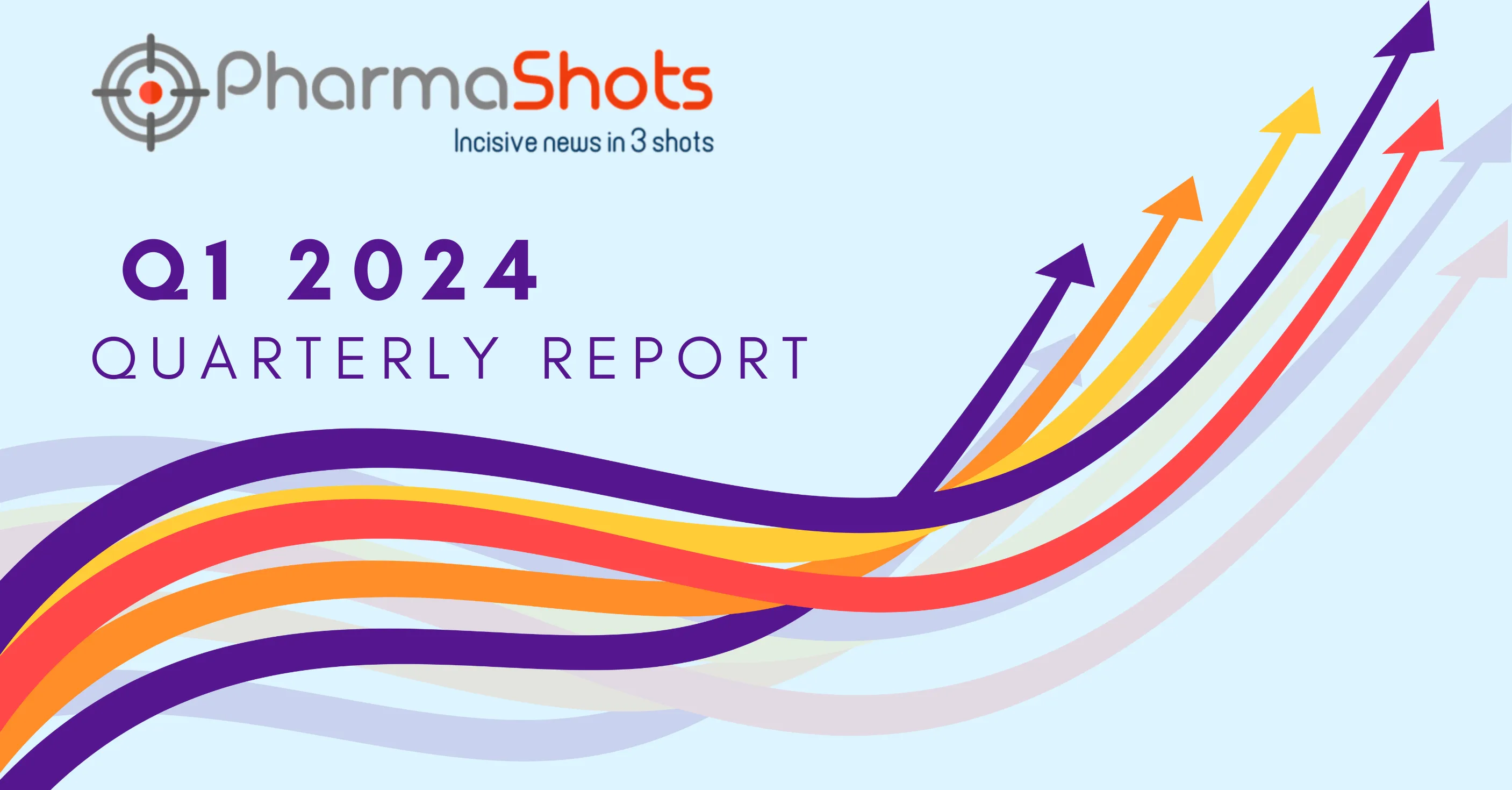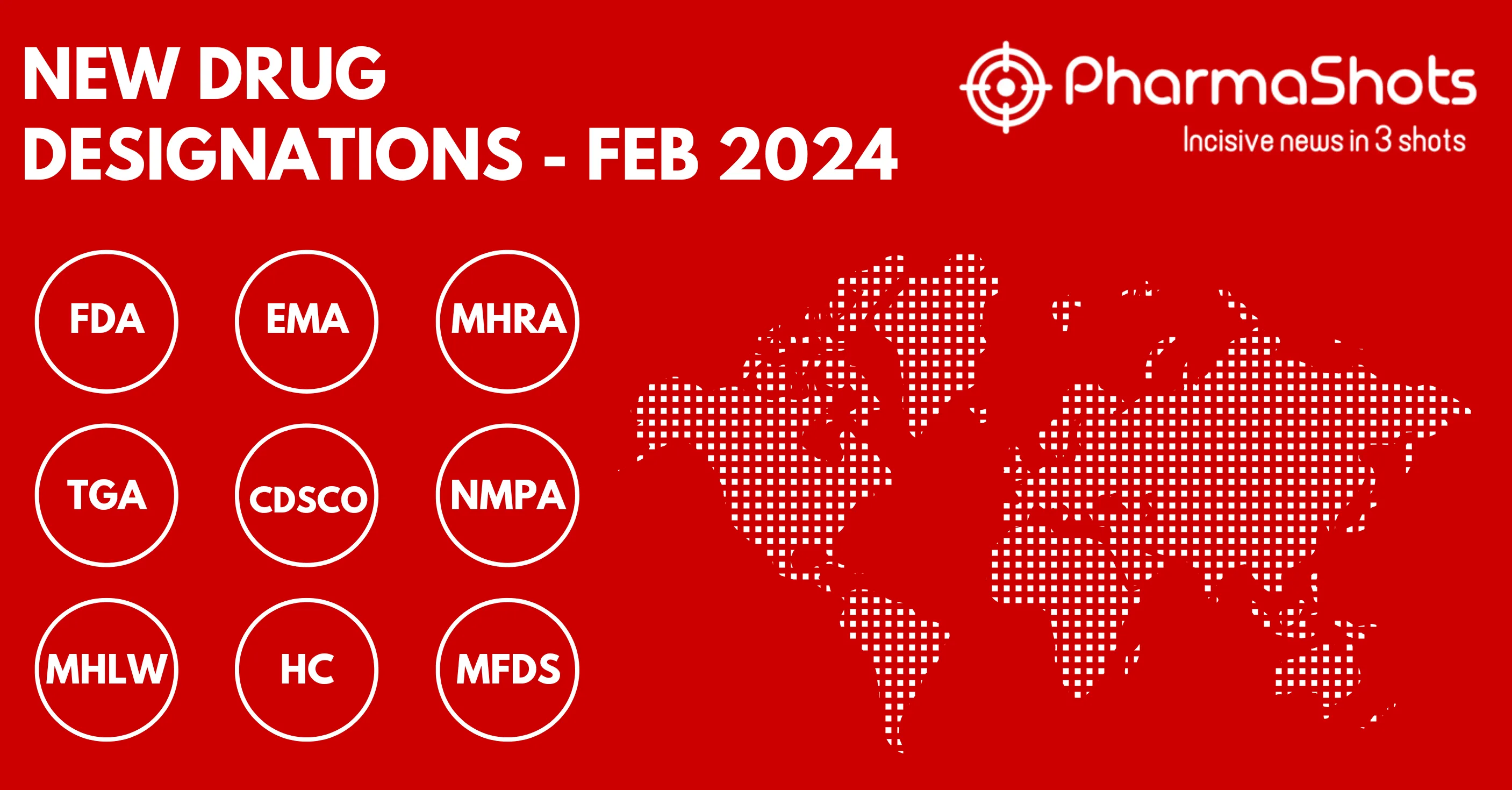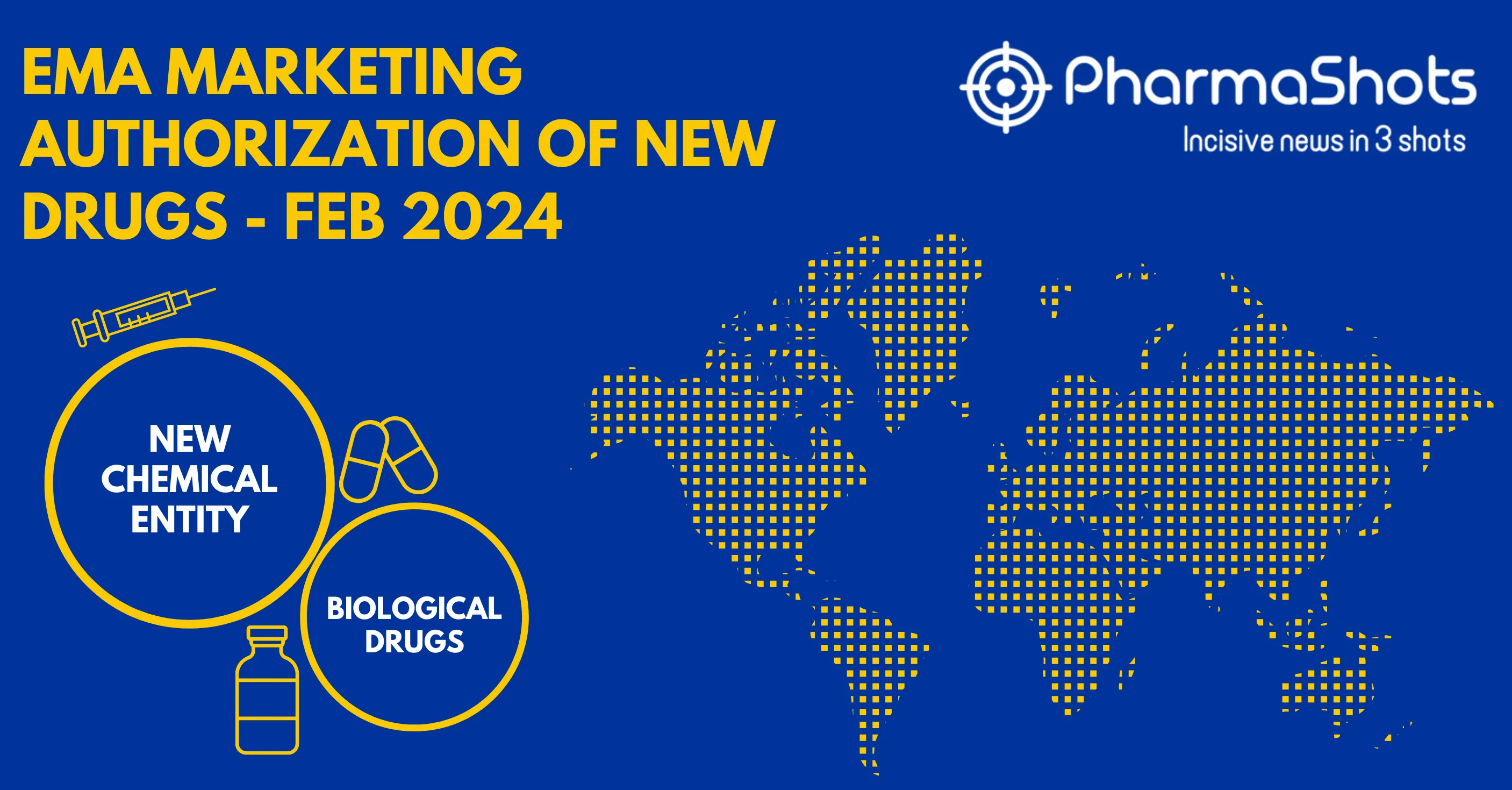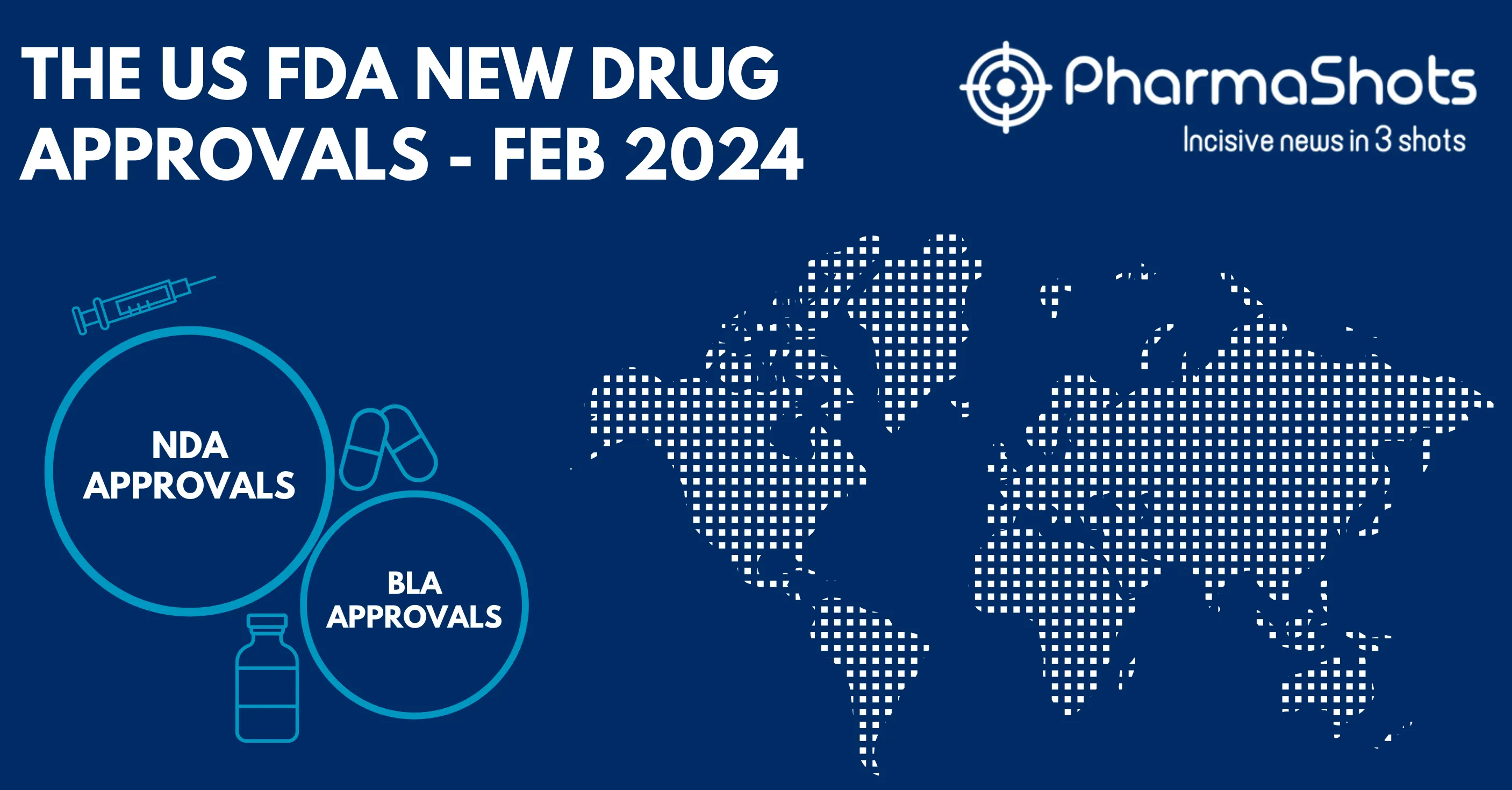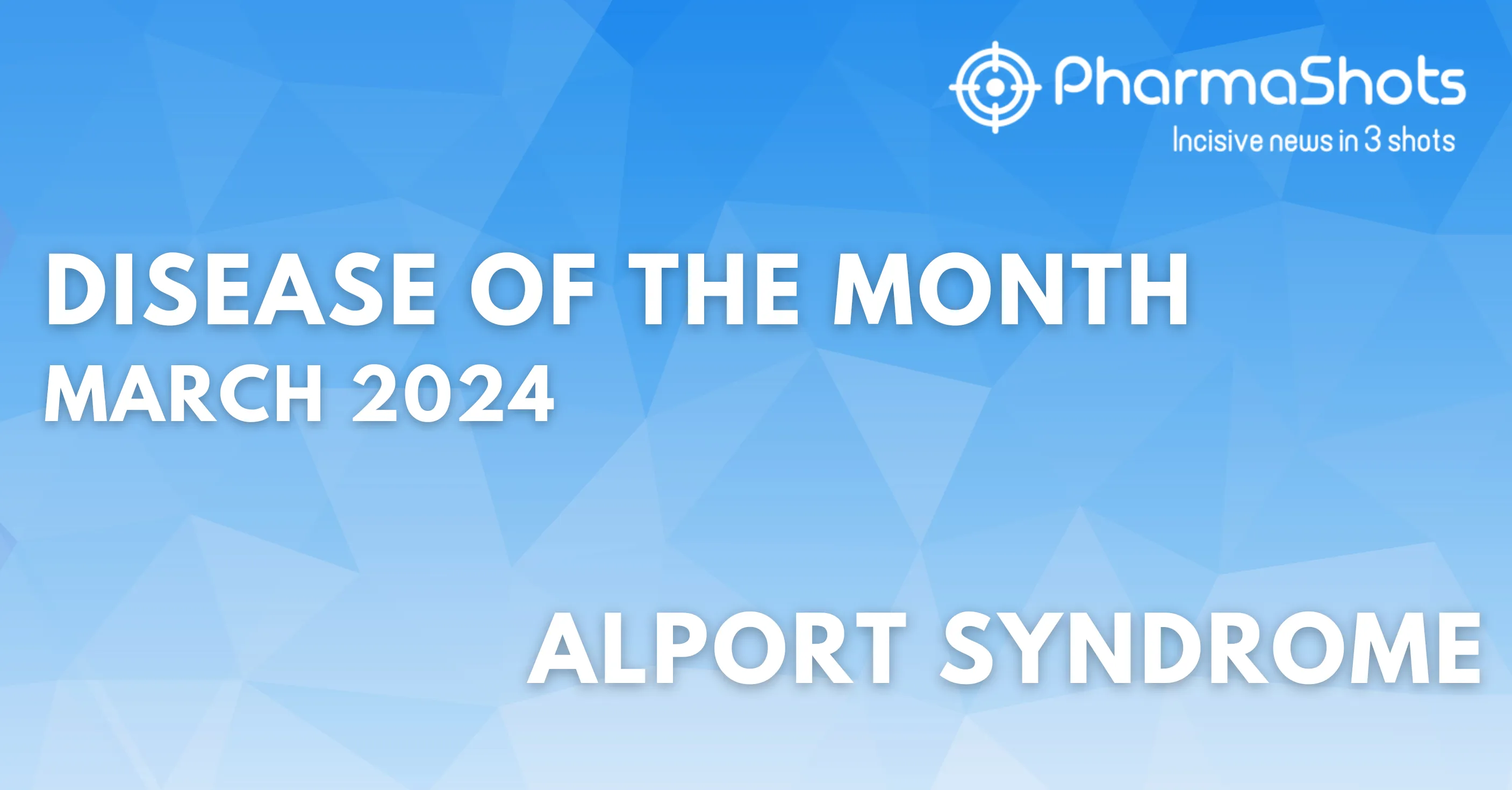
Insights+: Trends in the US FDA Oncology Approvals (2011-2021)
A record number of new oncology drugs have been approved every year, addressing the unique challenges faced by cancer patients. However, oncology is always a thought-provoking area for research and development despite having numerous approved therapies. Many pharmaceuticals are working on oncology and are trying to address the complexity of the disease. We have global players like Merck, BMS, AbbVie, and many more in this race. In addition, new trends in oncology drug development are reflected in the increasing use of biotechnology in developing anticancer drugs, including immunotherapies or monoclonal antibodies, adoptive-cell therapies, and new vaccines.
The FDA approved novel drugs that help advance clinical care to another level each year. The US FDA has approved 461 drugs in the last decade, out of which 136 are for oncology indications, as per CDER reports. Most of them were small molecules (n=87), monoclonal antibodies (n=36) and others include imaging agents, peptide drug conjugates, enzymes and proteins. The graph of small molecule approval is fluctuated throughout the decade, though US FDA has approved the maximum number of small molecules in 2020 (n=12).
As per the reports, 2020 was the great year in the history of oncology trends. In 2020, the US FDA approved 20 oncology therapies, the highest in the last decade, followed by 2018, in which 18 treatments got approval.
The year 2016 was the darkest in the ten years history of oncology approval as the FDA approved the least number of novel drugs (n=6), followed by 2011 (n=8) & 2013, and 2014 (n=9).
Hematological cancer remains the attractive section as the US FDA approved 43 novel drugs in this space, including the approval for rare blood cancer indications like hairy cell leukemia, blastic plasmacytoid dendritic cell neoplasm, and many more.
The FDA approval for lung cancer treatments has been accelerating in recent decades. The FDA has approved the maximum number of drugs in this decade for lung cancer (n=19), followed by breast cancer (n=14) and prostate cancer (n=10).
Lung cancer is at the top of approval focuses on many mechanisms of action, which include ALK inhibitor, EGFR inhibitor, MET & RET kinase inhibitors, alkylating agents, and many more. Most of them were small molecules, and a few were mAbs. As per the trend in the last decade, the number of approvals in lung cancer has increased with the increasing year. No drugs were approved in the years 2012 and 2016 in the lung cancer space. The last two years were revolutionary in developing lung cancer as the US FDA approved 4 & 5 new drugs in 2020 & 2021, respectively.
Pfizer is at the top received 11 approvals in the last decade, followed by Roche (n=10), Johnson & Johnson, and Novartis (n=8). The year 2012 and 2018 were tremendous years in the history of Pfizer as the company marked 3 and 4 approvals in the respective years. Apart from the big players, small companies have gotten themselves on the list with a single or two approvals in the last ten years.
PharmaShots has summarized the key events of the last decade in the oncology space. Reach out to us for more analysis in other oncology indications.
2021
In 2021, the US FDA approved 50 new drugs, just three fewer than the number it approved in 2020. While the figure is slightly decreased from 2020, more drugs were designated as first-in-class and used the accelerated approval pathway compared to last year. Although in the year 2021, the COVID-19 pandemic continued to be a challenge for everyone, despite these hardships, the US FDA has approved 16 drugs targeting the oncology indications.
- On Feb 03, 2021, the US FDA approved the first oncology drug of the year i.e Tepmetko, as the first and only once-daily oral MET inhibitor for patients with metastatic NSCLC with METex14 skipping alterations. The approval followed 15 more approval targeting solid tumors indications and hematologic cancer
- 2021 marked another remarkable approval of the first KRAS-targeted therapy, sotorasib for patients with previously treated non-small cell lung cancer with KRASG12C mutations. This is the first approved targeted therapy for tumors with any KRAS mutation, which accounts for approximately 25% of mutations in NSCLC
- On May 21, 2021, the US FDA approved Rybrevant (amivantamab-vmjw) as the first treatment for adult patients with NSCLC whose tumors have specific types of genetic mutations: epidermal growth factor receptor (EGFR) exon 20 insertion mutations.
2020
COVID-19 brought unprecedented disruptions to trials and drug development. The US FDA had focussed on SARS-CoV-2 therapies and vaccines. Despite the global pandemic, the US FDA has approved 53 new therapies. The dominant therapeutic area was oncology accounting for 20 approvals, including new chemical entities, new diagnostic agents, and biological drugs.
- The first-in-class drugs were approved, which include Orgovyx (relugolix), the first oral androgen-deprivation therapy for advanced-stage prostate cancer, and Trodelvy (sacituzumab govitecan-hziy), the first antibody-drug conjugate (ADC) targeting Trop-2 for metastatic triple-negative breast cancer and many more
- On April 17, 2020, the US FDA had approved Tukysa (tucatinib) in combination with trastuzumab and capecitabine for patients with metastatic HER2-positive breast cancer (including those with brain metastases) and was the first new molecular entity reviewed under the Project Orbis
2019
In 2019, the FDA Oncology Center of Excellence (OCE) approved 11 new drugs. Seven of these approvals were for drugs used to treat solid tumors, and 4 were for drugs used to treat hematologic malignancies. These drugs target multiple cancer types, including advanced-stage forms of leukaemia, lymphoma, non-small cell lung cancer, breast cancer, hepatocellular carcinoma, melanoma and prostate cancer.
- For hematological cancers, the US FDA has approved Xpovio (Selinexor) + dexamethasone for the treatment of patients with relapsed or refractory multiple myeloma (RRMM) who have received ≥4 previous therapies and Beigene’s Brukinsa (zanubrutinib) for patients with mantle-cell lymphoma who have received ≥1 previous therapy and two more therapies
- For solid tumors, drug approval includes Bayer’s Nubeqa for non-metastatic castration resistant prostate cancer, Janssen’s Balversa for urothelial carcinoma, Genentech’s Rozlytrek to treat patients with metastatic non-small cell lung cancer (NSCLC) whose tumors are ROS1-positive etc
- Few approvals are for drugs used to treat rare or orphan cancers, which include Inrebic, an oral kinase inhibitor, for adults with intermediate-2 or high-risk primary or secondary myelofibrosis and Daiichi-Sankyo’s Turalio, a kinase inhibitor, for adults with symptomatic tenosynovial giant-cell tumor
2018
The year witnessed 59 new molecular entities (NMEs) and new biologics license applications (BLAs) approval which represented the most significant number of new drugs approved by the FDA in 1 year in the past decade. Oncology was the focussed therapy area, as evidenced by the 18 new oncology drugs approved in 2018 for a different types of cancer indications. The oncology approvals were centered around the breast and gynecologic cancers, genitourinary cancers, hematologic malignancies, and lung cancer.
- Few of them were first-in-class drugs, including the approval of Poteligeo, a novel mAb for the relapsed or refractory mycosis fungoides or Sézary syndrome. This approval provides a new treatment option for patients with MF and is the first FDA approval of a drug specifically for SS.
- The US FDA approved Vitrakvi (larotrectinib) for adult and pediatric patients whose cancers have a specific genetic feature (biomarker). The approval marks a new paradigm in developing cancer drugs that are “tissue agnostic”
2017
2017 was a year of significant advances in treating hematologic and solid organ tumors, with many first-in-class novel treatments. Cancer medication led the way with 12 approvals out of 46.
- This year, the US FDA has approved two CDK4/CDK6 inhibitors i.e. Kisqali Femara Co-Pack (ribociclib tablets; letrozole tablets) for HR+/HER2- advanced or metastatic breast cancer in postmenopausal women and Verzenio (abemaciclib) for patients with disease progression after endocrine therapy
- The US FDA approved two checkpoints programmed-cell death ligand-1 (PD-L1) inhibitor in 2017, which include approval of Imfinzi for urothelial cancer and Bavencio for the approval of Merkel-cell carcinoma
- The year witnessed the approval of several drugs for hematologic malignancies, including the approval of Rydapt for patients with FLT3-positive AML, Calquence for mantle-cell lymphoma and Idhifa for relapsed or refractory acute myeloid leukemia
2016
In 2016, the US FDA’s CDER approved 22 NMEs, out of which six were for oncology indications with a special focus on non–small cell lung cancer, myeloma, head and neck cancer, and breast cancer. The year 2016 witnessed lesser novel approvals than another year in the past and future.
- The US FDA has approved two diagnostic imaging agents i.e. Netspot (gallium Ga 68 dotatate) to detect rare neuroendocrine tumors and Axumin (fluciclovine F 18) to detect recurrent prostate cancer
- Rubraca had received approval to treat women with advanced ovarian cancer who have been treated with two or more chemotherapies and whose tumors have a specific gene mutation (deleterious BRCA). This approval depicts the trend we are seeing in developing targeted agents to treat cancers caused by specific mutations in a patient’s genes
- Tecentriq (first-in-class PD-1/PD-L1 inhibitors) got the approval to treat the most common type of bladder cancer, called urothelial carcinoma
2015
Innovation drives progress suggested that the US FDA reported 45 novel drugs approval in 2015. In addition, the year witnessed much First-in-Class approval that offered the 2015 group of novel approvals comprised of many innovative products.
- Noteworthy cancer treatments include Darzalex, Empliciti, Farydak, and Ninlaro, to treat patients with multiple myeloma and Alecensa and Tagrisso, to treat certain patients with non-small cell lung cancer
- The approval of Cotellic to treat certain patients with metastatic melanoma (skin cancer), Lonsurf for the treatment of certain patients with metastatic colorectal cancer, and, Yondelis for treatment of soft tissue carcinoma (cancer of the inner or outer surfaces of the body)
2014
In 2014, the US FDA approved 41 drugs, out of which nine were approved to treat cancer or cancer-related conditions, including GEJ, NSCLC, and unresectable or metastatic melanoma. In addition, the calendar year 2014 was the revolutionary year in the US FDA’s approval as most of the global companies (Merck, J&J, Amgen, AstraZeneca, BMS) got approval for their novel drugs cancer indications.
- The remarkable approval of the year was Keytruda, approved for patients with unresectable or metastatic melanoma who are no longer responding to other drugs. By the end of the year, the FDA approved Opdivo (nivolumab) for patients with unresectable (cannot be removed by surgery) or metastatic (advanced) melanoma who no longer respond to other drugs
- The US FDA granted accelerated approval to Lynparza (olaparib), new drug treatment for women with advanced ovarian cancer associated with defective BRCA genes, as detected by an FDA-approved test
2013
In 2013, 27 new molecular entities were approved by the US FDA, out of which nine were for oncology indications. The year approved two targeted oral therapies for patients with melanoma at the same time in 2013 and the two agents in hematologic malignancies. In addition, the year witnessed many necessary approvals for solid-organ tumors.
- Bayer’s Xofigo received approval for symptomatic metastatic castration-resistant prostate cancer that affects bones but not other organs and approved Boehringer Ingelheim’s Gilotrif as a first-line oral treatment for NSCLC with epidermal growth factor receptor (EGFR) mutations
- The US FDA approved Imbruvica for the treatment of patients with mantle-cell lymphoma and Gazyva for people with previously untreated chronic lymphocytic leukemia (CLL), which is the first medicine approved with the FDA’s Breakthrough Therapy Designation
2012
The year 2012 observed the approval of 13 new cancer drugs, three of them via the accelerated approval process. In addition, the year showed the trend in the increase of oncology approval compared to 2011, when the number was just 7.
- FDA granted accelerated approval to Iclusig to treat adults with chronic myeloid leukemia (CML) and Philadelphia chromosome-positive acute lymphoblastic leukemia (Ph+ ALL), two rare blood and bone marrow diseases
- FDA approved Cometriq for the treatment of patients with progressive metastatic medullary thyroid cancer (MTC)
- Teva’s Synribo received the US FDA’s approval to treat adult patients with chronic or accelerated phase chronic myeloid leukemia (CML) with resistance and/or intolerance to two or more tyrosine kinase inhibitors (TKIs)
2011
2011 has approved 30 new therapies, including 11 first-in-class agents, and approved eight therapies in oncology indications.
- Jakafi got approval for the treatment of intermediate and high-risk myelofibrosis, including primary myelofibrosis, post-polycythemia vera myelofibrosis and post-essential thrombocythemia myelofibrosis
- FDA granted accelerated approval to Xalkori for the treatment of patients with locally advanced or metastatic non-small cell lung cancer (NSCLC) that is anaplastic lymphoma kinase (ALK)-positive as detected by an FDA-approved test
- The year also witnessed the remarkable approval of Yervoy for the treatment of unresectable or metastatic melanoma



